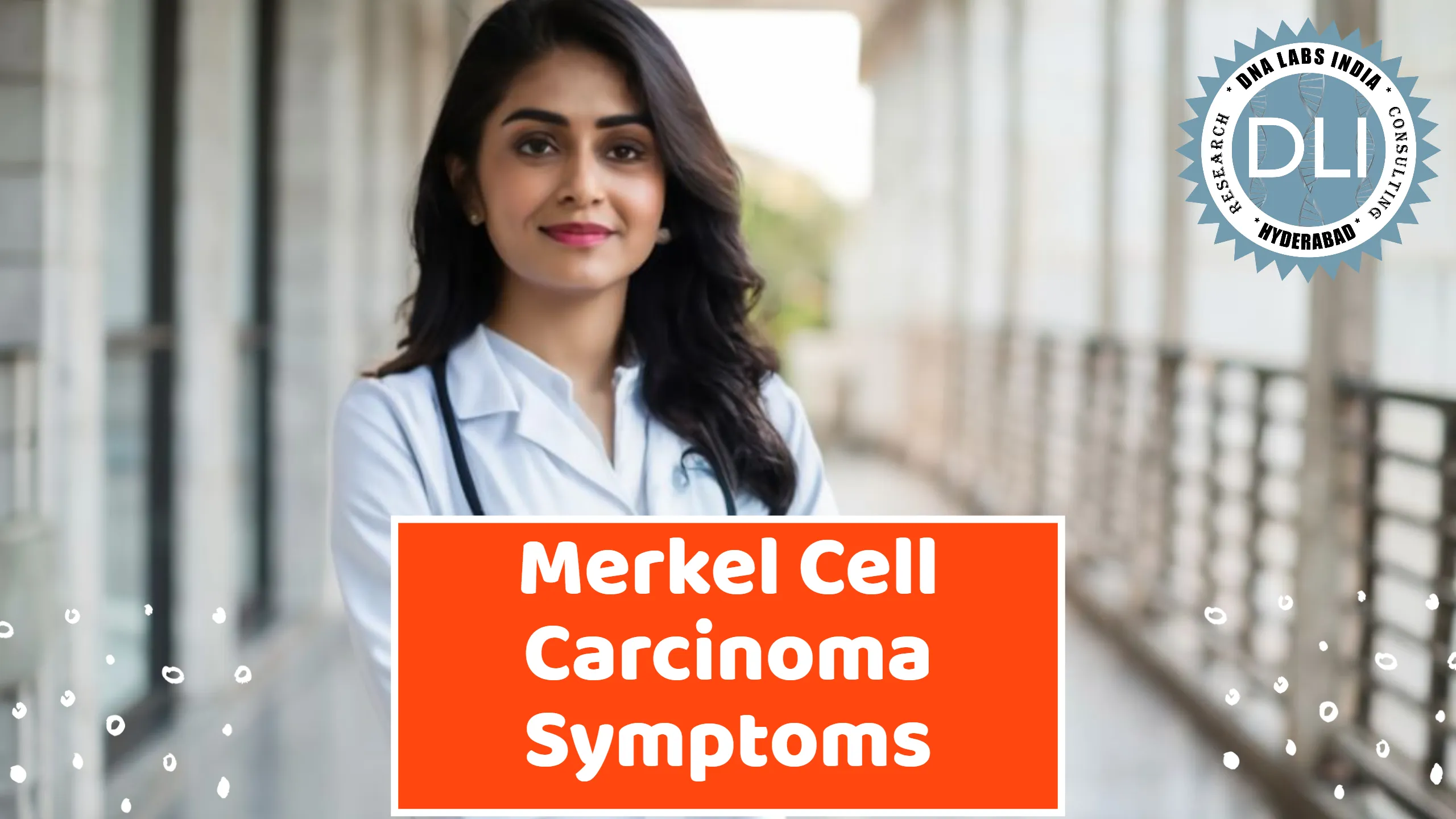Stay Informed: Key Insights on Merkel Cell Carcinoma Symptoms in India
Merkel cell carcinoma (MCC) is a rare and aggressive type of skin cancer that requires awareness for effective management and a positive prognosis. This article offers detailed guidance on identifying the signs and symptoms of MCC, empowering you to take proactive measures for your skin health.
What is Merkel Cell Carcinoma?
MCC originates from Merkel cells, which are located deep within the skin and are responsible for touch sensation. The cancer develops when these cells begin to proliferate abnormally and uncontrollably, forming tumors. Despite its rarity, the aggressive nature of MCC underscores the importance of early detection.
Risk Factors for MCC:
Certain conditions can heighten your susceptibility to MCC:
- Age: MCC primarily affects older adults.
- Compromised Immune System: Individuals with weakened immune systems, such as those with organ transplants, HIV/AIDS, or those taking immunosuppressive drugs, are at increased risk.
- UV Exposure: Although less significant than in other types of skin cancers, exposure to ultraviolet rays can still contribute to the risk of developing MCC.
The Importance of Early Detection:
Detecting MCC early is critical because it significantly enhances the effectiveness of treatments and improves survival rates. Here’s why timely diagnosis matters:
- Treatability in Early Stages: When caught early, MCC can be effectively managed with surgery, radiation therapy, or immunotherapy.
- Avoiding Advanced Procedures: Delay in diagnosis might lead to more invasive treatments, such as extensive surgical procedures involving lymph nodes. Being vigilant about changes in your skin and seeking timely medical advice are essential.
MCC Symptoms to Watch For:
Be attentive to these symptoms, particularly if they persist for more than two weeks:
- Shiny, Rapidly Growing Lump: A dome-shaped or nodular lump that grows quickly, typically within weeks or months. This lump may be red, purple, or blue, and while it can appear anywhere, it is most frequently found on sun-exposed areas like the face, head, and neck.
- Changes in Moles: Watch for any existing mole that changes in size, shape, or color, or that develops irregular edges.
It is vital to consult a dermatologist if you notice any of these symptoms, as early intervention is crucial.
Proactive Steps for Skin Health:
There are several ways to enhance your skin health and potentially lower the risk of MCC:
- Regular Skin Cancer Screenings: It’s advisable to see a dermatologist regularly for skin cancer screenings, especially if you are over 50, have a history of sunburns, or have a compromised immune system.
- Self-Examinations: Regularly inspect your skin for any new or changing spots or moles. Familiarity with your skin’s normal appearance and prompt recognition of changes can aid in early detection.
- Sun Protection: While sun exposure is a less prominent risk factor for MCC, protecting your skin from the sun remains important. Use sunscreen with SPF 30 or higher, wear protective clothing, and seek shade, particularly during peak sunlight hours.
- Healthy Lifestyle: A balanced diet and a healthy lifestyle help maintain a robust immune system, which may help fend off various forms of cancer.
Conclusion:
Understanding the symptoms of Merkel cell carcinoma and adopting a vigilant approach to skin health can significantly contribute to early detection and effective management of this serious skin cancer. Always consult with a dermatologist if you notice any concerning changes in your skin. Early detection is the best strategy for maintaining your health and securing a positive outcome.
4



